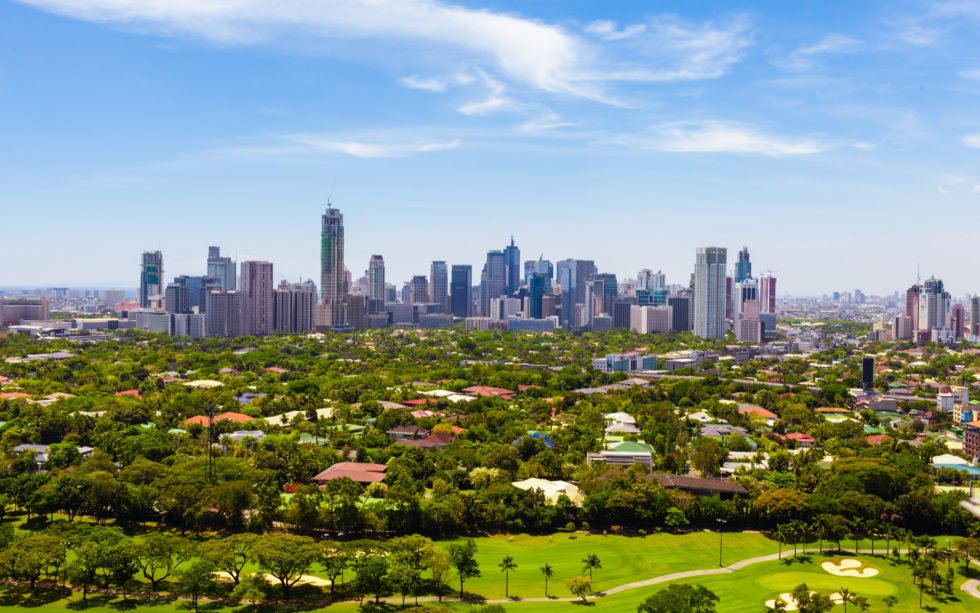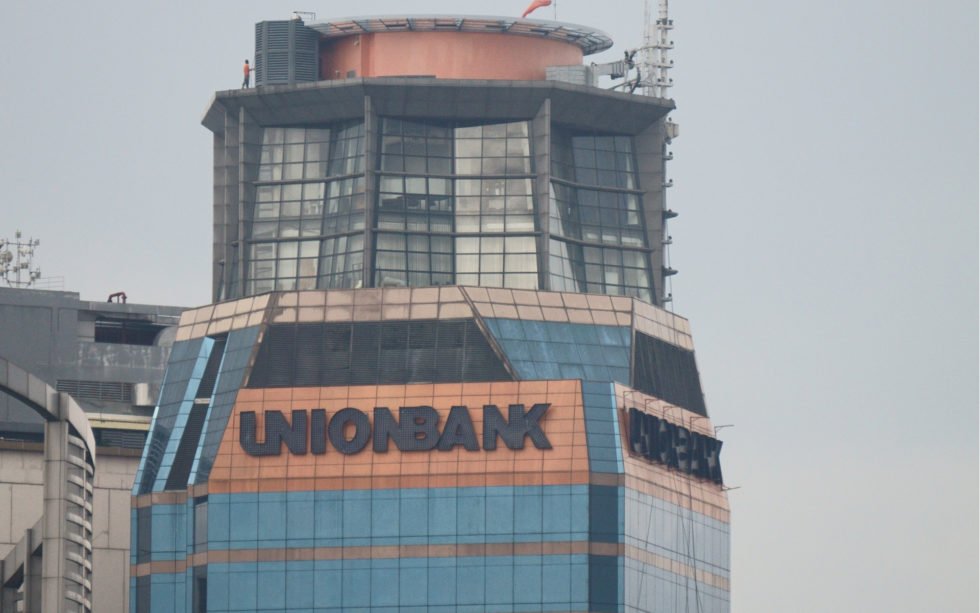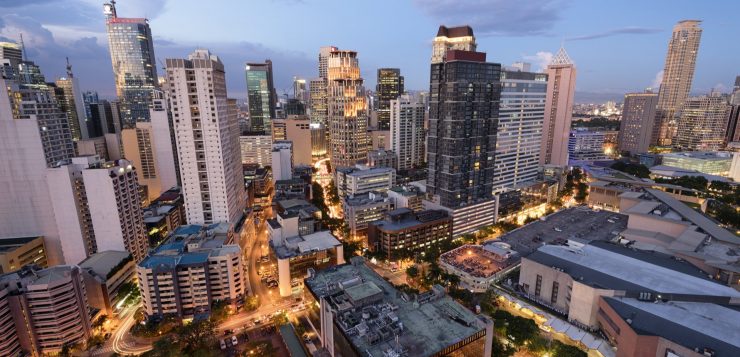Filipino cryptocurrency exchanges could see draft rules outlining their treatment as trading platforms as soon as next week, the country’s financial regulator told local media last week.
‘Regulate Them As Trading Platforms’
As The Manila Times reports September 3, the Philippines’ Securities and Exchange Commission (SEC) plans to release “draft rules” governing exchanges, which currently operate on a case-by-case approval basis, by the middle of the month.
“We see the need to regulate them as trading platforms,” SEC Commissioner Ephyro Luis Amatong said.

The news marks the latest step in the Philippines’ gradually softening stance towards cryptocurrency entities under its jurisdiction.
In early August, the SEC produced similar tentative rules for ICO operators in the country, opting for a public feedback model to assess their potential. The final version of that legislation should appear next week, Manila Times says.
For exchanges, meanwhile, the SEC has a plan to enter into “cooperative oversight” with the central bank, the Bangko Sentral ng Pilipinas (BSP).
“We already discussed the matter with the BSP since the BSP is also interested and we are also interested,” Amatong continued. “The discussion… [involves]joint cooperative oversight over (virtual currency exchanges) engaged in trading.”
Spotlight On Switzerland, Australia
While only two exchange operators currently have the SEC’s blessing to serve the domestic market, the past few months have seen a raft of interested projects aiming to leverage cryptocurrency to provide remittance services between the Philippines and major migrant worker populations.
As Bitcoinist further reported, one of the country’s major banks, UnionBank, has also publicly revealed its interest in Bitcoin — conducting various “experiments” including mining in order to “learn” about how it works.

According to the Times, “templates” for the Philippines’ regulation could come from such diverse areas as Switzerland or Australia.
In addition to the Philippines, Thailand is also in the midst of finalizing its cryptocurrency and ICO laws.
What do you think about the Philippines’ plans for regulation? Let us know in the comments below!
Images courtesy of Shutterstock.







